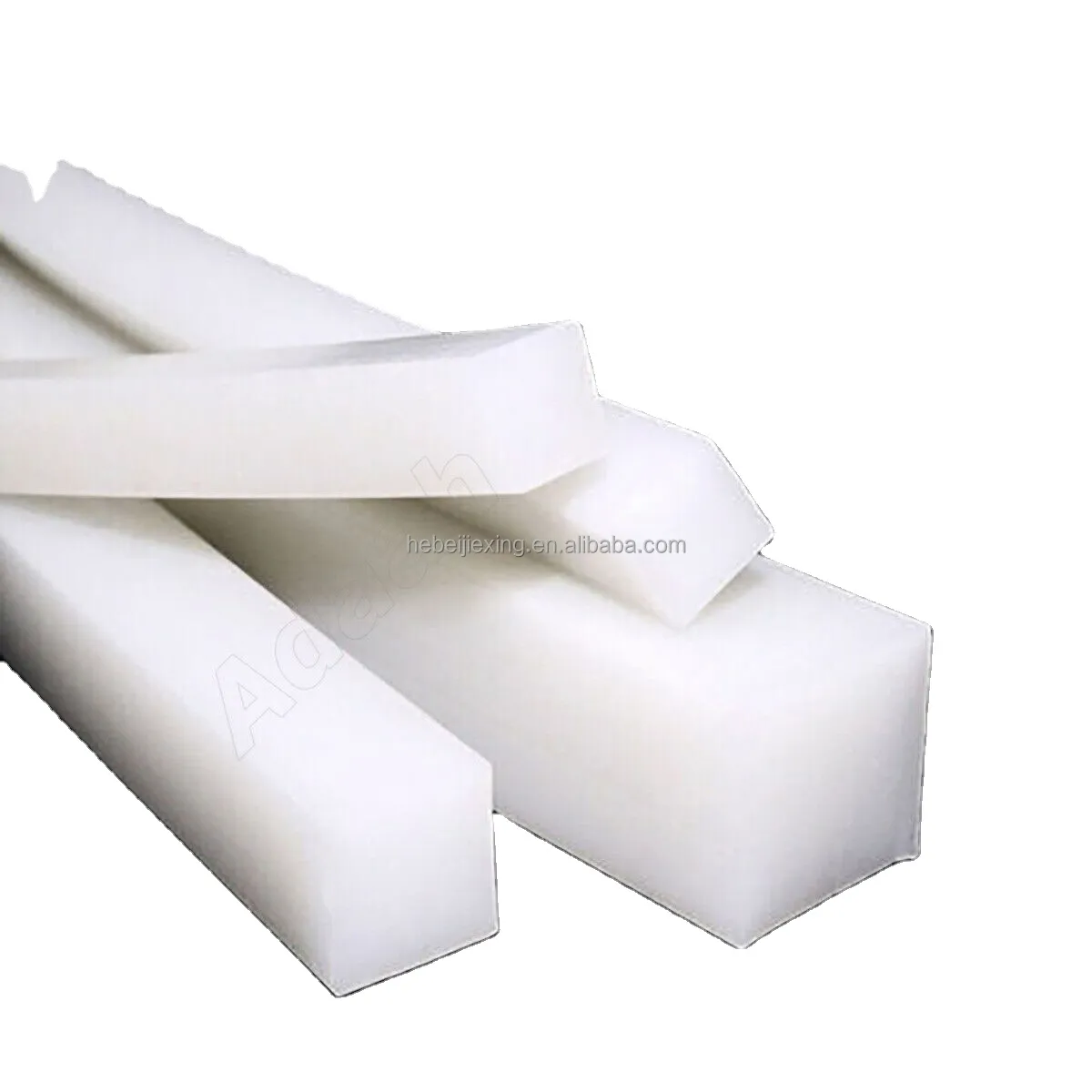Veterinary care plays a pivotal role in chicken farming. Farmers must be proactive in managing the health of their flocks, and this begins with regular veterinary check-ups. Veterinarians assess the overall health of chickens, diagnose illnesses, and recommend appropriate vaccinations. Vaccination programs are fundamental in preventing common diseases that can drastically affect poultry populations, such as Marek’s disease, Newcastle disease, and infectious bronchitis. By investing in preventive care, farmers can reduce the incidence of disease outbreaks, thus maintaining a healthier flock and ensuring higher productivity.




